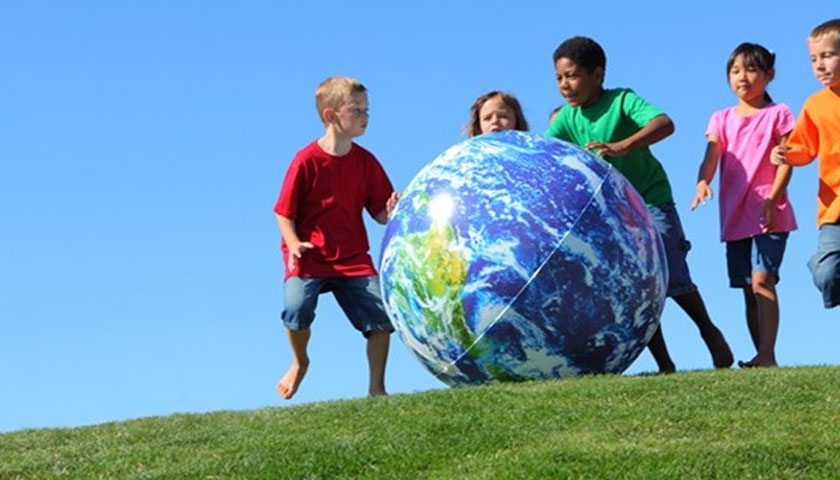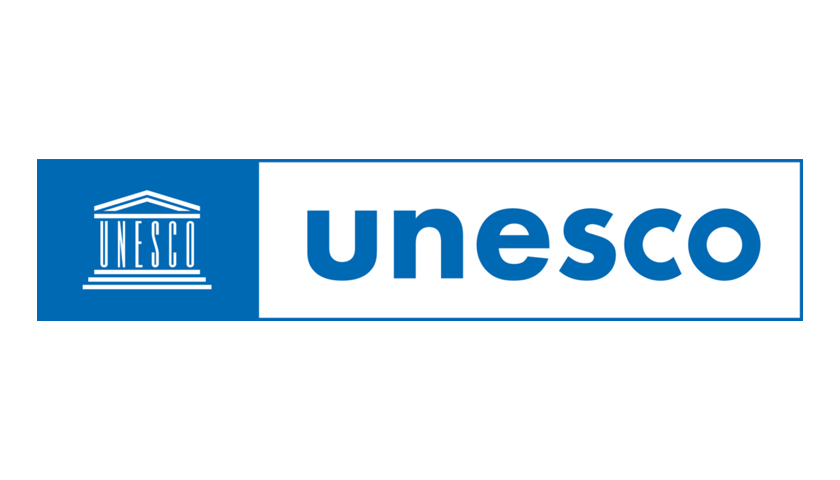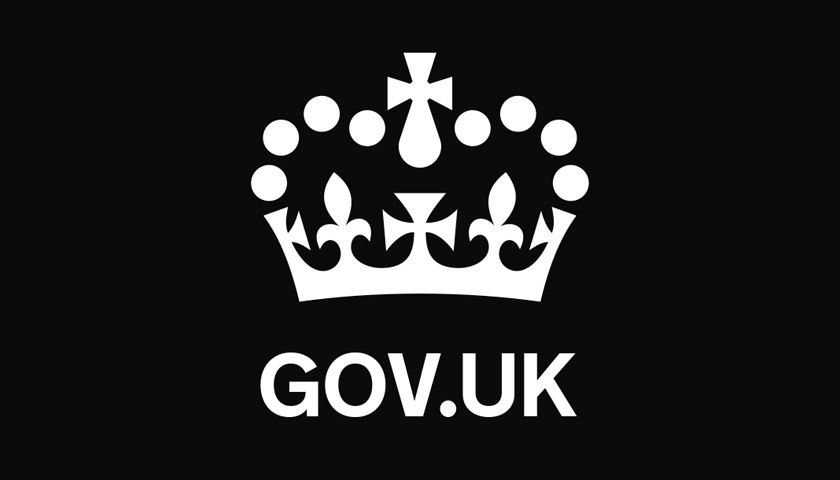On the occasion of the second International Day of Education, 24 January, UNESCO will shine the spotlight on the Futures of Education by hosting a conference, Learning for People, the Planet, Prosperity and Peace, launch an online tool to measure progress in education around the world, and host the first meeting of eminent global thinkers appointed to steer UNESCO’s Futures of Education initiative (28 and 29 January).
Organized in partnership with France’s Centre of Interdisciplinary Research (CRI), the conference at UNESCO’s Headquarters on 24 January will highlight the many ways learning can empower people, preserve the planet, build shared prosperity and foster peace, the theme of this year’s International Day of Education.
UNESCO Director-General Audrey Azoulay will open the conference (2pm), which will bring together education policy makers, including Jean-Michel Blanquer, Education Minister of France, Ibrahima Guimba-Saïdou, Minister and Special Advisor to the President of Niger, academics and leading education experts and stakeholders from around the world. UNESCO Assistant Director-General for Education, Stefania Giannini, will speak at the event and moderate it.
The celebration of the International Day of Education will highlight its centrality to the international community’s collective development ambitions, the 2030 Sustainable Development Goals (SDGs). As emphasized by Audrey Azoulay, “Education is the cornerstone of the Sustainable Development Goals: if we fail on education, the entire structure of development will fall down.”
During the UN celebration of the International Day of Education in New York, UNESCO will present a new online tool, Education Progress (link is external), which will enable members of the public, as well as education planners and partners, to check countries’ progress in achieving global SDG4 education. The tool was developed by UNESCO’s Global Education Monitoring Report with the support of the Federal Ministry of Education and Research of Germany and will be available in the six official languages of the UN (Arabic, Chinese, English, French, Spanish and Russian) and German.
The International Day of Education contributes to ongoing reflections on rethinking education and how it contributes to our societies, in line with the Futures of Education initiative launched last September in New York by Ms Azoulay, and led by President of Ethiopia Sahle-Work Zewde.
The Director-General named leading figures from the worlds of politics, academia, the arts, science, business, and education to form an independent International Commission on the Futures of Education. Chaired by President Sahle-Work Zewde, the Commission has been tasked with rethinking the role of education in shaping the future and meeting humanity’s needs. Professionals and laypeople are invited to contribute their vision of how education should be developed by 2050 through an online platform launched by UNESCO: https://en.unesco.org/futuresofeducation/ (available in English, French, Spanish, Arabic, Russian and Chinese).
The International Commission on the Futures of Education will publish the outcome of its work as a report in November 2021. The report will articulate a forward-looking vision and policy agenda for the future of knowledge and learning.
UNESCO’s first global education report, Learning to Be: the world of education today and tomorrow, was published in 1972. It was prepared by a commission chaired by Edgar Faure, a former Prime Minister and Minister of Education of France. The second such report, Learning: The Treasure Within (1996), was published by an international commission that was chaired by Jacques Delors, former President of the European Commission and former French Minister of Economy and Finance. Unlike its predecessors, the upcoming report will not only draw on the experience of experts, but also on input provided through a global public consultation.


